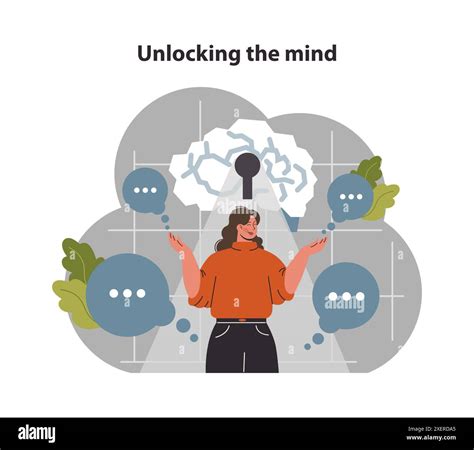Cognitive psychology is a branch of psychology that deals with the study of mental processes such as perception, attention, memory, language, problem-solving, and decision-making. It is a complex and fascinating field that seeks to understand how we process information, how we think, and how we behave. In this article, we will delve into the world of cognitive psychology, exploring its history, key concepts, and applications.
The History of Cognitive Psychology
Cognitive psychology has its roots in ancient Greece, where philosophers such as Plato and Aristotle discussed the nature of the mind and its functions. However, it wasn't until the mid-20th century that cognitive psychology emerged as a distinct field of study. The term "cognitive psychology" was first coined by Ulric Neisser in 1967, and since then, the field has grown exponentially.

Key Concepts in Cognitive Psychology
Cognitive psychology is a broad field that encompasses many key concepts. Some of the most important include:
- Perception: The process by which we interpret and organize sensory information from the environment.
- Attention: The ability to selectively focus on certain stimuli or tasks while ignoring others.
- Memory: The process by which we encode, store, and retrieve information.
- Language: The ability to communicate through verbal and nonverbal symbols.
- Problem-solving: The ability to identify and solve problems using cognitive strategies.
Theories of Cognitive Psychology
Cognitive psychology is guided by several theories that attempt to explain how the mind works. Some of the most influential theories include:
- The Information Processing Theory: This theory posits that the mind processes information in a series of stages, from input to output.
- The Cognitive Load Theory: This theory suggests that our ability to process information is limited by the amount of cognitive load we can handle.
- The Working Memory Model: This theory proposes that working memory is a limited-capacity system that holds and manipulates information for a short period.

Applications of Cognitive Psychology
Cognitive psychology has many practical applications in various fields, including:
- Education: Cognitive psychology informs teaching methods and learning strategies.
- Clinical Psychology: Cognitive psychology is used to diagnose and treat mental health disorders such as anxiety and depression.
- Neuropsychology: Cognitive psychology is used to study the relationship between the brain and behavior.
- Artificial Intelligence: Cognitive psychology is used to develop intelligent systems that can simulate human cognition.

Cognitive Biases and Heuristics
Cognitive psychology also studies cognitive biases and heuristics, which are systematic errors in thinking and decision-making. Some common cognitive biases include:
- Confirmation Bias: The tendency to seek out information that confirms our preexisting beliefs.
- Anchoring Bias: The tendency to rely too heavily on the first piece of information we receive.
- Availability Heuristic: The tendency to overestimate the importance of information that readily comes to mind.

Neuroimaging Techniques
Cognitive psychology also employs neuroimaging techniques such as functional magnetic resonance imaging (fMRI) and electroencephalography (EEG) to study the neural basis of cognition.

Gallery of Cognitive Psychology






FAQs
What is cognitive psychology?
+Cognitive psychology is a branch of psychology that deals with the study of mental processes such as perception, attention, memory, language, problem-solving, and decision-making.
What are some key concepts in cognitive psychology?
+Some key concepts in cognitive psychology include perception, attention, memory, language, problem-solving, and decision-making.
What are some applications of cognitive psychology?
+Cognitive psychology has many practical applications in various fields, including education, clinical psychology, neuropsychology, and artificial intelligence.
We hope this article has provided you with a comprehensive overview of cognitive psychology. Whether you're a student, researcher, or simply someone interested in learning more about the human mind, cognitive psychology has something to offer. So, the next time you find yourself wondering how we think, behave, and process information, remember the fascinating world of cognitive psychology.
